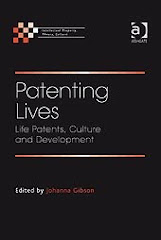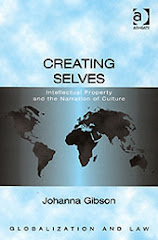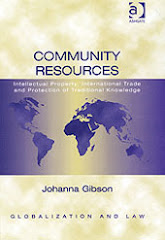
The Guardian reported on the GM rice controversy this weekend, saying that the contamination of US rice has effectively blocked its import into the UK.
As reported in previous posts - Aug 30 and Sept 12 - the contamination of US rice with the GM strain, LLRICE601, has led to immediate bans on imports into the EU rice market, subject to strict testing for contamination. The European Commission announced shortly after the discovery of the contamination in August, that all US rice imports would now require certification before gaining entry to the EU.
The Guardian has reported that Spanish rice processing company, Ebro Puleva, the world's biggest importer of rice and controlling 30% of the EU rice market, has announced that it has ceased trading in US grown rice.
The contamination has been traced to crop trials conducted by Bayer CropScience, between 1998 and 2001. US rice farmers are taking action against Bayer for what they argue is serious damage to their valuble crops.
LLRICE601 has not been tested for human use. However, the US Department of Agriculture (USDA) is assisting Bayer to obtain fast track retroactive approval for human consumption, according to the Guardian.
Bayer CropScience made a petition application to the USDA and Animal Plant Health Inspection Service (APHIS), 22 August 2006, shortly after the contamination was announced, 18 August 2006. The petition requested the extension for LLRICE601 based on its similarity to previously deregulated rice lines, LLRICE62 and LLRICE06. The extension process is based on the rationale that many regulated articles that are developed will be similar to already reviewed articles that have been given nonregulated status, or differ from them only insignificantly. On this basis, that status would be extended to the regulated article (in this instance, LLRICE601).
In response to that petition, the USDA/APHIS published a Draft Environmental Assessment
which evaluates the comparison provided by Bayer CropScience in the petition. In that assessment, the USDA/APHIS concluded that LLRICE601 had undergone extensive field testing and charracterization and that the available evidence supported the conclusion that "LLRICE601 is likely to be as safe as LLRICE06, -62, and conventionally bred rice lines."
The USDA issued a notice, 8 September, which concluded that "rice line LLRICE601 is similar to the antecedent organisms ... and we have reached a preliminary decision that rice line LLRICE601 should no longer be regulated under the regulations in 7 CFR part 340." The regulations in 7 CFR part 40, "Introduction of Organisms and Products Altered or Produced Through Genetic Engineering Which Are Plant Pests or Which There is Reason to Believe Are Plant Pests," regulate the introduction of organisms or products into the environment. In the accompanying press release, the USDA seeks public comment on the petition, which may be submitted online.
The Guardian reports that Aldi and Morrison's supermarkets in the UK have recalled products that have tested positive for LLRICE601. Others have not acted, relying on assurances from the Food Standards Agency (FSA) that there is no health problem, based on the European Food Safety Authority (EFSA) opinion.

But what of the consumer, who wishes to make a choice? Is this really "putting the consumer first"?
The Center for Food Safety (CFS) has filed a petition with the USDA asking it to regulate the rice as a "plant pest" under the Plant Protection Act. In the accompanying press release, the CFS describes the process as "an after-the-fact USDA rubber stamp for the illegal rice." Friends of the Earth announced in a press release that it is mounting a legal challenge to compel the FSA to commence testing. Japan has already expanded testing of US rice, in response to what has been described as "a lack of proof from Washington" that exports are free from contamination. According to a recent Reuters report, Japan has a "zero-tolerance" policy on imports of unapproved GM crops.



No comments:
Post a Comment